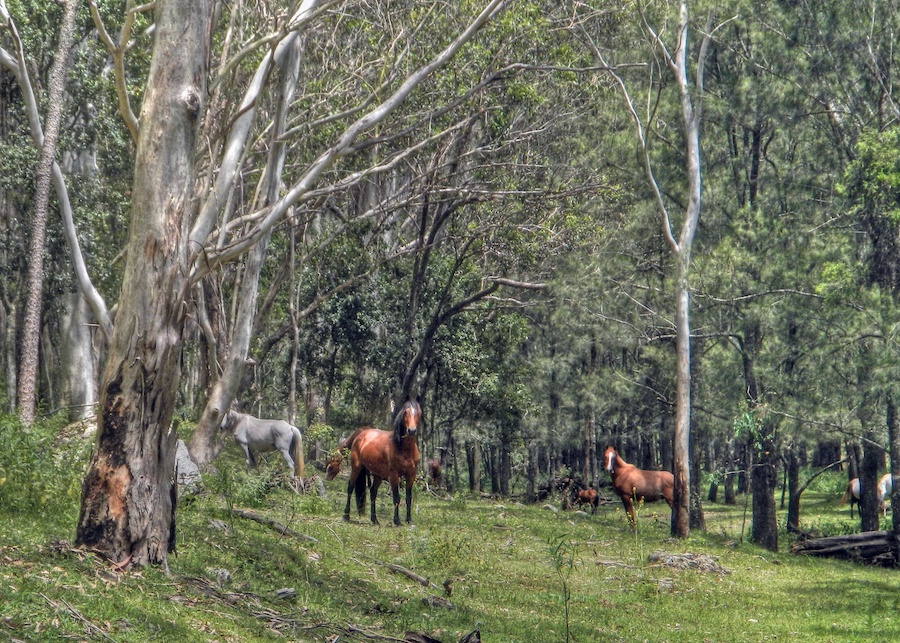A bit over two years ago, I decided to do short term contracting work. I really wanted to write, needed time for that, but also needed cash to feed my writing addiction.
While I write a fair bit, I make very little money from writing as such. In the meantime, groceries have to be purchased and bills paid.
The contracting work proved far more fraught than I had expected, with long gaps between contracts.
The other day my wife looked at me and said “your hair has gone completely white”. She was right, and it happened quite suddenly, almost overnight.
I will write on the contracting experience at some point, for it has broader lessons. For the moment, it got me musing on my desire to be a writer.
You would think that I would rush to take advantage of my involuntary periods without work to actively pursue my writing projects. After all, I say that I want to write full time, and here is the chance to actually do it! Sadly, things don’t quite work that way.
By its nature, writing is a solitary occupation. There is you, a pen and paper or a keyboard, the piece you are writing, the imagined reader or audience at the end.
I am used to working from a home office. When the kids were young I chose to work from home because it allowed me to fulfil the primary child care role. I learned to create structure, but also had structure imposed on me because of the routines of school and domestic life.
I must say that it was very lonely some times. Still, I had my outlets: business meetings, conferences, school functions. Today is very different.
It’s partly that the family has changed.
My wife and daughters lead busy lives. The things that I used to do that gave structure, the running around, have largely gone. The cooking that I used to do has become complicated since the numbers at home for dinner vary all the time. Even a simple thing like a combined family meal has to be scheduled a week in advance.
These changes do give me more time, although just keeping the house tidy is a bit of a battle. However, I find the absence of past structures difficult to manage.
The term writer’s block was coined in 1947 by the psychoanalyst Edmund Bergle to describe circumstances where a writer loses the ability to complete new work.
At one level, I don’t have writer’s block because I still write all the time. And yet, I find that my productivity has dropped enormously despite all the extra time I have at present.
In my case, writer’s block manifests itself through an inability to concentrate. I know that I should be writing, but I will do everything and anything first: clean the kitchen, go for a walk, vacuum the hallway, draw up a new writing plan.
Those dreaded plans! If I can’t do, I find myself planning how to do. Planning becomes a satisfactory substitute for action because it gives me an illusion of progress.
In all this, I must say that I am beginning to wonder about my desire to be a writer, even wondering what the term writer actually means.
For a long time, I refused to describe myself as a writer. It sounded just too pretentious. Now if asked what I do, I sometimes say that I am a writer. After all, I now think of myself as a writer.
This gives rise to some funny reactions. “And what do you write?” is a pretty standard question, with people often having novels or plays or poetry in mind.
But just what do I write? Anything and everything actually, but it is nearly all non-fiction. I don’t write a single thing, I write many things, and that’s part of my problem. I am neither fish nor fowl.
Trying to think through just why I am so addicted to writing regardless of form, it comes back to a love of language combined with a desire to involve and to communicate.
In my historical writing, for example, I write as an historian. In doing so, I have to comply with the canons of the discipline. However, as a writer I also want my history to be good writing, so I am addressing a double barrelled challenge as historian and writer.
I am not quite sure where I am going in all this, just trying to clarify thoughts and issues that are important to me at present. Still, I have at least finished another column!
Note to readers: This post appeared as a column in the Armidale Express on 7 December 2011. I am repeating the columns here with a lag because the Express columns are not on line. You can see all the columns by clicking here for 2009, here for 2010, here for 2011.

 r, the ABC's 7.30 report carried a story (video and transcript
r, the ABC's 7.30 report carried a story (video and transcript 











